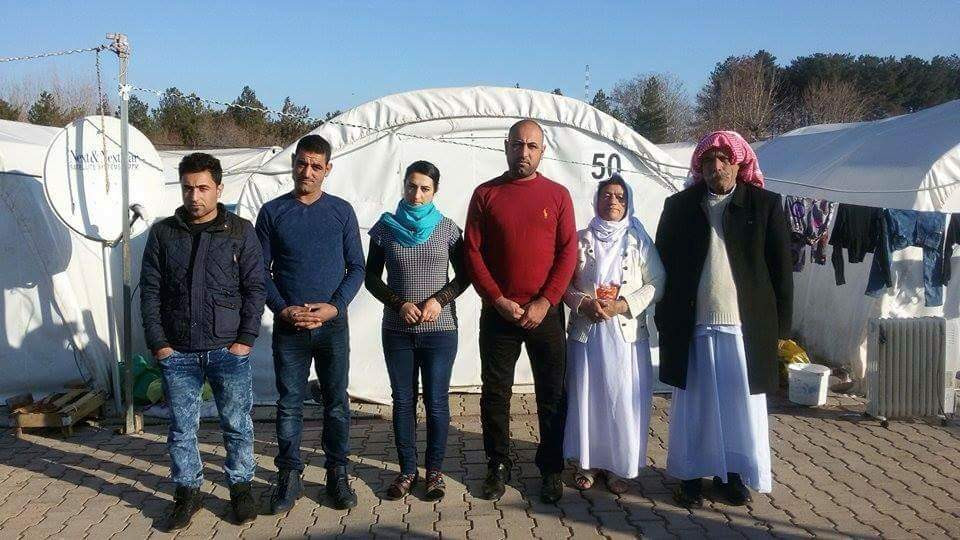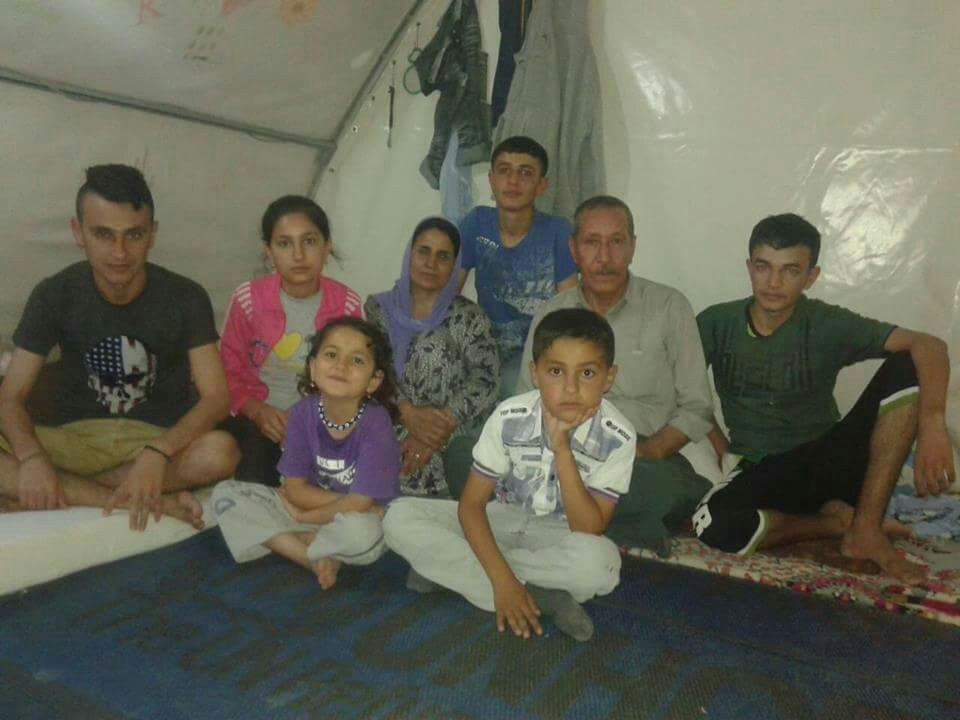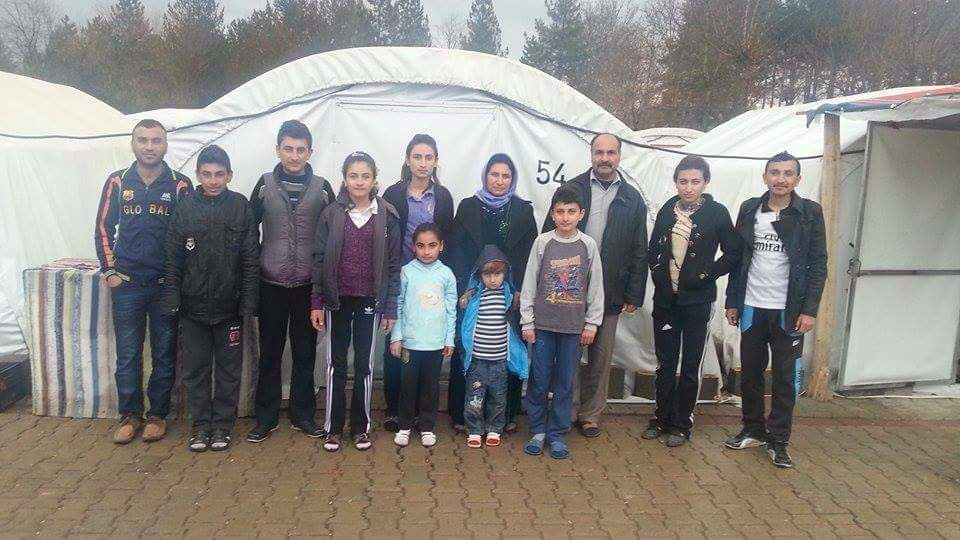Saving the Yazidis
Winnipeg project hopes to spur a larger campaign
Winnipeggers are helping the Yazidis, an endangered religious minority driven from their homeland by ISIS.
Operation Ezra, an initiative of the Winnipeg Jewish community in partnership with Yazidi, Christian, and multifaith organizations, is sponsoring Yazidi refugees while raising awareness of their plight.
The Yazidis are a Kurdish-speaking people. Their religion combines elements of Christianity, Judaism, Sufi Islam, and Zoroastrianism. They pray to Tawsi Melek, the “peacock angel”, who serves as an intermediary to God. However, as Tawsi Melek was a fallen angel before he was forgiven, Yazidis have been branded “devil-worshippers.”
“We’ve suffered 74 massacres throughout history, and that’s only going back 700 years,” Nafiya Naso, a spokesperson for the local Yazidi community, says. “Twenty-three million Yazidis have been murdered or forcibly converted to Islam.”
Michel Aziza, a retired businessman, heard about the Yazidis when Naso came to talk to an Israel advocacy group in April 2015. Through a grassroots effort, Operation Ezra grew into a cross-community initiative that has raised funds for seven families and is working on an eighth.
“The way we see it is, if you roll the clock back 80 years, this is what’s happened to the Jewish people,” Aziza, who is now working full-time on Operation Ezra, says.
Operation Ezra is collecting donations of money and household goods. They are lobbying the government to fast-track Yazidi refugee applications. They are also reaching out to other organizations.
“We’re continuing to talk to new partners, because we’re really wanting to make this a community-wide effort,” Aziza says.
Until recently, most Yazidis lived in the Mount Sinjar region of northern Iraq. In August 2014, ISIS massacred thousands of men and kidnapped thousands of women and children. Everyone else fled. An estimated 50,000 were stranded in the mountains.
“All the Yazidi villages and towns were under attack, and everybody in those villages and towns fled their homes. And many, many homes have been destroyed by ISIS,” Naso says.
“The girls and the women are still, today, being sold into sexual slavery. They’re being sold to different Arab countries in the Middle East, like Turkey, Syria, within Iraq, Pakistan, Afghanistan, and Saudi Arabia.”
Meanwhile, boys are being turned into terrorists, Naso says.
“Six-year-olds are beheading (captured) soldiers.”
About 300,000 Yazidis are internally displaced in Iraq, another 100,000 in refugee camps in Syria and Turkey. Naso, who is in touch with families in the camps, says that they are not being given adequate humanitarian aid.
The European Parliament, the International Association of Genocide Scholars, and a number of NGOs have stated that ISIS’s actions should be considered genocide.
However, the government’s plan to bring 25,000 Syrian refugees to Canada does not include displaced Yazidis, who are Iraqi nationals.
Operation Ezra will sponsor as many families as they can, but the work must grow beyond Winnipeg, organizers say.
“Unless we can find a way to make this more of a national or international project, the Yazidi people will be an exterminated people,” Aziza says.
“Thousands are waiting,” Naso says. “If Canada opens its doors to them, they would leave in a heartbeat.”
Two of the Operation Ezra families have been approved by Immigration, Refugees and Citizenship Canada. Although their initial paperwork was submitted four months ago, they are still waiting in a refugee camp in Turkey.
For more information or to get involved with Operation Ezra, please contact Michel Aziza at [email protected].
Published in Volume 70, Number 24 of The Uniter (March 17, 2016)









